I’ve joked with my friends that during four years at a liberal arts college, we face five to ten percent odds of our school starring in the national culture wars. In the era of the internet, the college-to-media feedback loop is unique; localized campus controversies spread like wildfire through social media and digital news coverage.
At the same time, a polarized and vitriolic national politics that is relatively disengaged from material issues — what political scientist Anton Jäger has termed “hyper politics” — can rapidly zero in on small-scale stories to use as fodder for bigger debates. This happens frequently at American colleges. Even the smallest occurrences can be transformed and molded into controversies attracting intense and widespread negative attention.
It’s an old cliche that there’s no such thing as bad publicity. For a college as an institution, this might be mostly true. Soon after the national election in Nov. 2020, for example, Macalester was featured in a story on Fox News’ website after President Rivera announced that she would pay bail for students arrested in protests. I believe that President Rivera’s intentions were earnest — but I also don’t think the college minded that Rivera’s Twitter account went viral and resulted in press from Fox News, spreading the college’s name and a certain kind of brand image.
In the realm of student life, however, the impacts of bad publicity aren’t so benign. With near instantaneous internet frenzies and foaming-at-the-mouth culture war debates, students lose their ability to simply do what students do: learn and explore ideas. Media coverage of campus controversies bring context collapse and bad-faith engagement, and come at the expense of students’ intellectual agency.
We could take an example from about a year ago, when Macalester landed in perhaps the most media covered college controversy the college has had in the last few years.
In February, a new exhibit opened at the college’s art gallery. Made by Iranian-American Taravat Talepasand, the gallery featured imagery of women in Islamic religious attire and sexualized or revealing poses. Some Muslim students on campus argued that the art was offensive or harmful, and hence should’ve been taken down. Though the college closed the art gallery for a few days to deliberate, they eventually kept the exhibit open.
The story appeared in relatively thoughtful local media coverage, and made the pages of the New York Times five days later, demonstrating the speed at which campus stories can attain huge reach. Once stories reach a larger orbit, however, it’s impossible to keep them self-contained — they become immediately swallowed into much bigger, national debates. Particular circumstances become stand-ins for other arguments and are both over-scrutinized and under contextualized.
Amidst the quickly-burning news cycles that envelop such controversies, something more pernicious happens. These kinds of viral instant stories put immense pressure and restriction upon students as people who are learning.
This cycle has been extraordinarily prominent in the past few months, as protests against the Israeli government’s war in Gaza sparked debates about the presence of antisemitism on campus. Immediately after Hamas attacked Israel, killing over 1,000 people, a large backlash brewed against Harvard student groups who called Israel “entirely responsible” for the attacks in a public statement. An outside organization posted students’ names and other personal information on trucks driving near campus, and employers rescinded job offers or looked for lists of student names to blacklist.
With three Ivy League Presidents taking to the congressional floor to testify on the issue (and two of those presidents losing their jobs in the aftermath), national commentary abounded for months after the initial explosion of campus conflict, with stories about the Ivy Leagues plastering the New York Times’ website.
Once again, one of the most important impacts is upon students themselves, who suddenly find themselves in a national media fish tank: every action is scrutinized, precluding students’ ability to comfortably or openly engage with difficult ideas.
Students are no longer granted the luxury of attending college as people who are learning, growing and being exposed to new ideas. As Harvard student Aden Barton wrote in an October op-ed for The Washington Post, “some powerful outsiders have chosen to treat some of my peers as hopelessly misguided finished products.”
Last semester, as one of two editors-in-chief of The Mac Weekly, I had to engage with difficult discussions of anonymity in the paper’s coverage of pro-Palestinian student activism. When reporters from our paper covered campus protests, protestors and organizers were rarely willing to attribute their names to quotes, for fear of retaliation within and outside of the college.
I struggled with this, because I think that something is lost in activism and community debates when participants rely on anonymity. As a member of campus civic life, you ought to have some level of personal accountability for the things you do and say.
At the same time, these students requested anonymity for understandable reasons: at colleges across the country, outside actors have been engaging in bad-faith attacks on students involved in pro Palestinian activism. Given the most egregious cases of student repression at Harvard and Columbia, and the broader context of the internet’s machine-like ability to turn individual actors into nationally harassed pawns, it was hard to deny students’ requests for anonymity.
And as a result, richness, vibrancy and freedom are lost from our campus debate.
Honest feedback, and full-throated pushback, are necessary for students to formulate ideas and develop intellectually and politically. My point is not that students should be insulated from disagreeable people from beyond their campus world. Students do, however, deserve to receive flexibility and grace as they go through school. And internet culture war is not mere pushback against ideas — it’s capable of generating intense streams of vitriol against students.
This certainly isn’t the only free speech issue on college campuses, and it may not be the most important one. However, in discussions of campus speech, it’s an underappreciated issue. We can easily get sucked into consuming the media coverage that swirls around college campuses across the country. But don’t forget that this attention comes at the students’ expense.


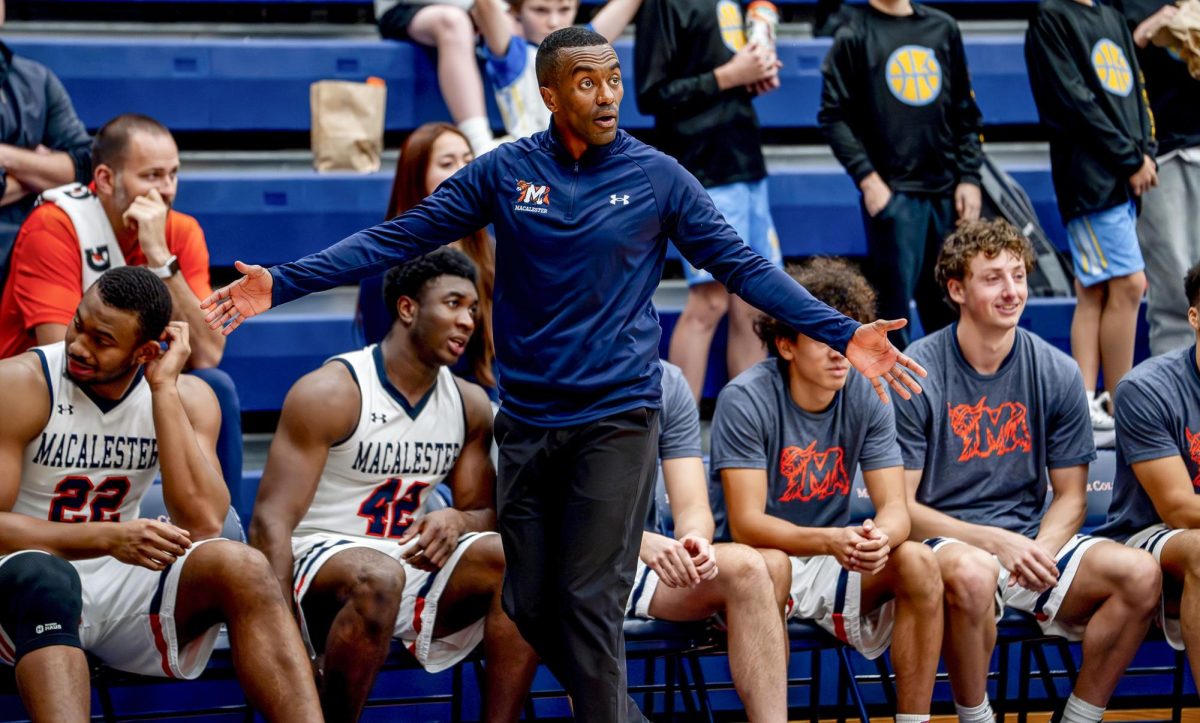

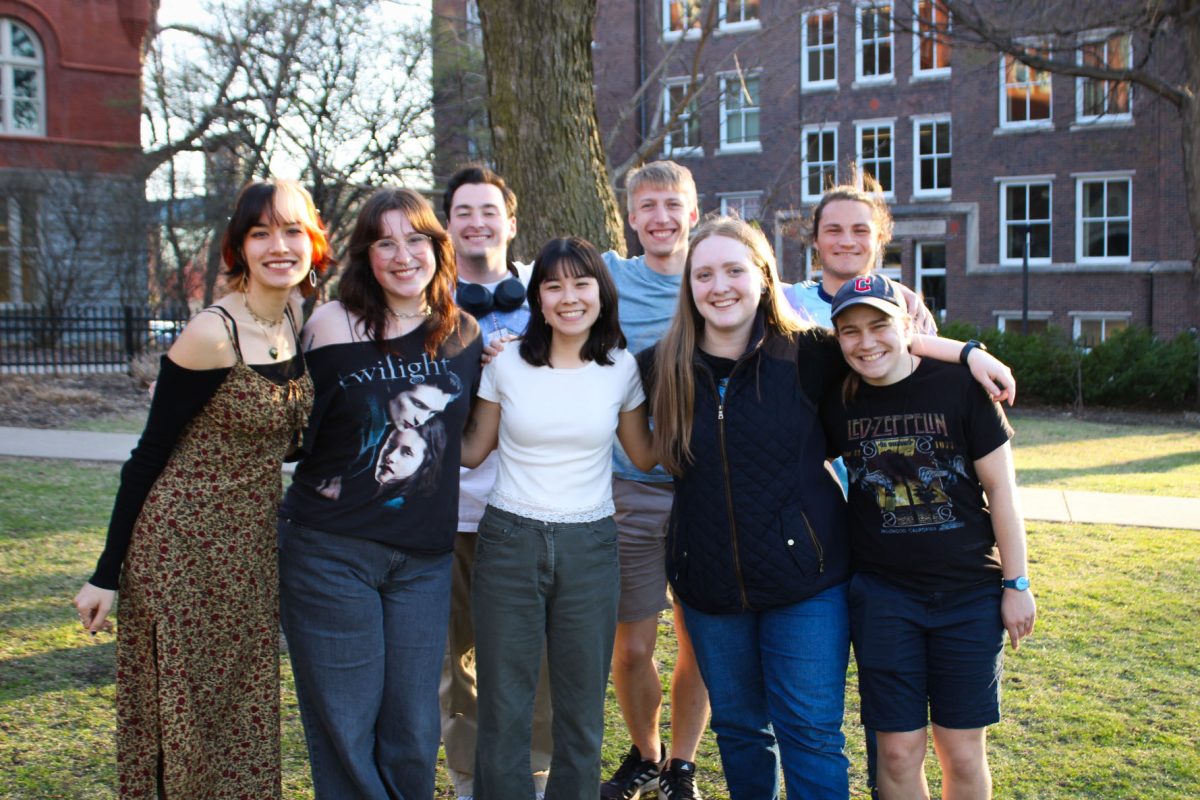
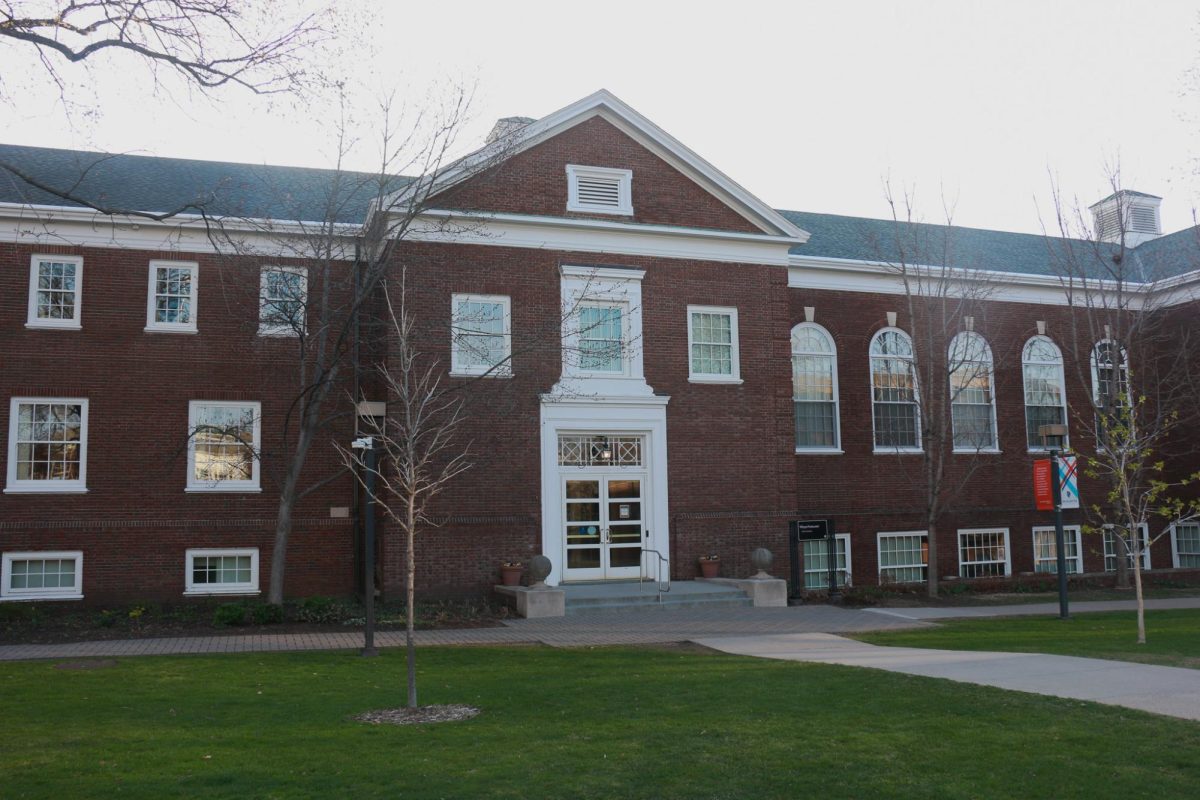





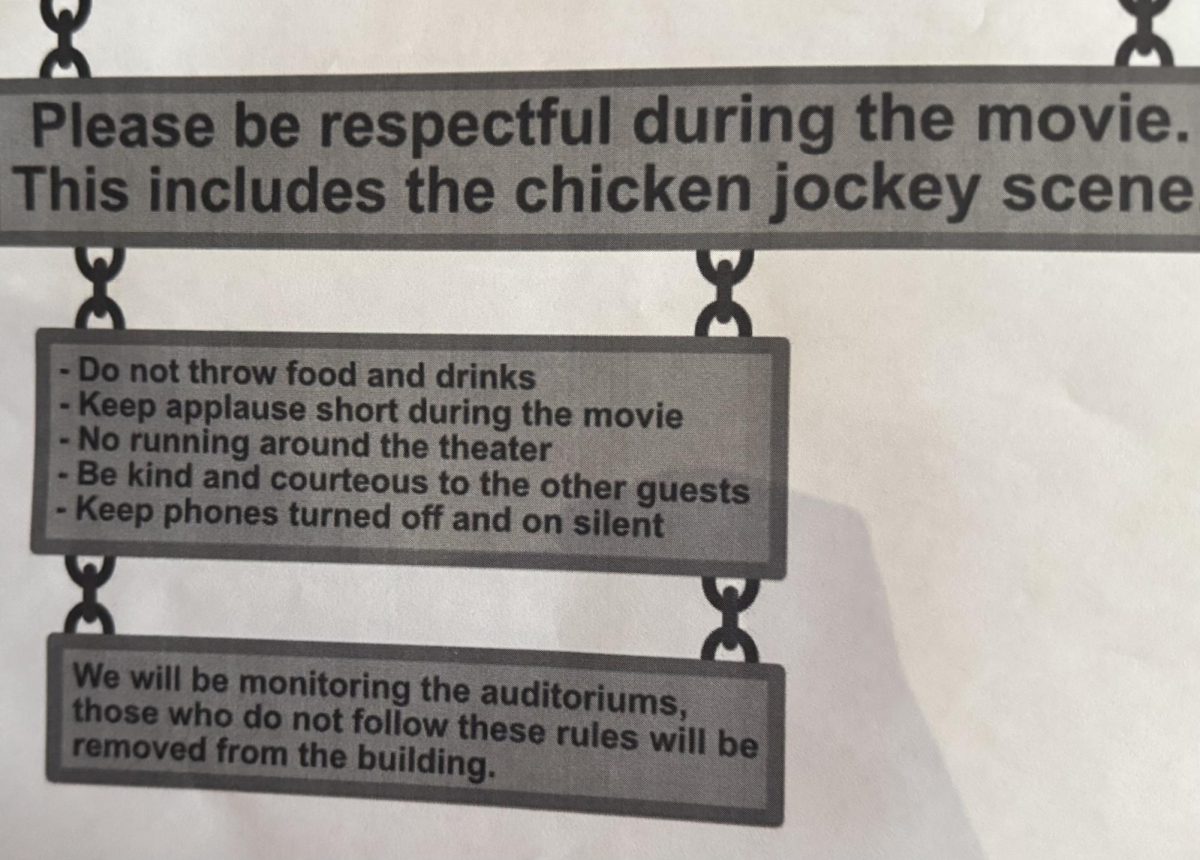

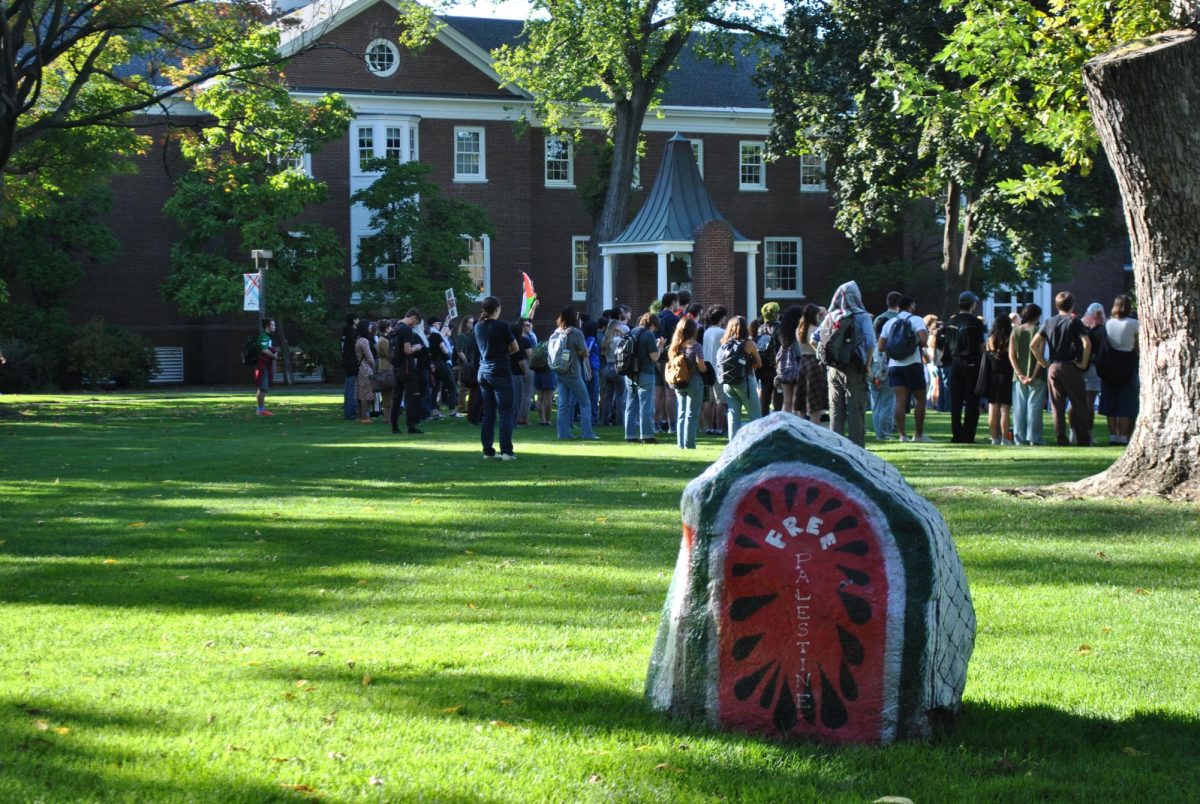
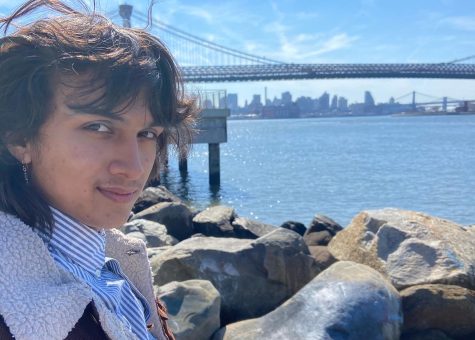
Correction • Feb 10, 2024 at 12:16 am
Minor correction: MIT isn’t an Ivy, so two Ivy League presidents